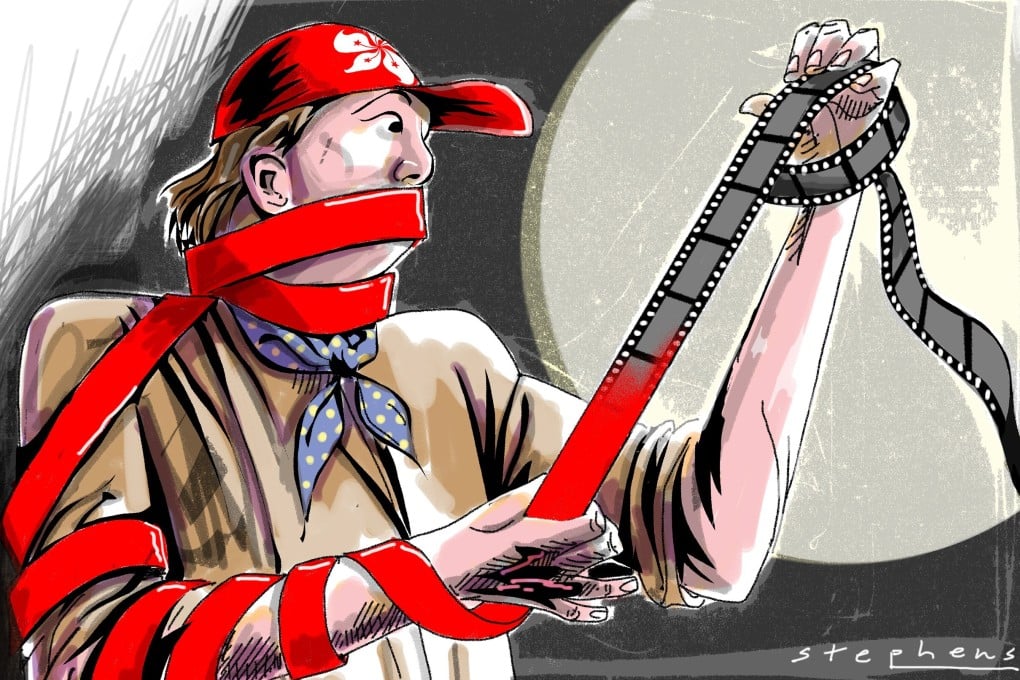Opinion | Why Hong Kong’s independent film industry will lose its identity under the national security law
- Since 1997, the fortunes of Hong Kong’s filmmakers have been tied to the lucrative mainland Chinese market
- There was always a thin line separating the films that could be made on either side of the border. The security law erases that line

The national security law’s impact on free speech in Hong Kong has been widely debated but the implications for one sector have received less attention: the city’s film industry.
Since the handover in 1997, the fortunes of Hong Kong’s mainstream filmmakers have been tied to the lucrative mainland Chinese market. Scripts are routinely self-censored, and subjects sensitive to Beijing avoided, to ensure the finished films are not banned on the mainland. However, these co-productions have had limited box office success outside mainland China.
There was always a thin line separating the types of films that could be made on either side of the border. Hong Kong directors were free to tell stories that were political or showed the authorities in a bad light – both taboo subjects in mainland films. The only penalty was being banned from the mainland market. With the national security law, that line will be erased.

03:03
Hong Kong publishers resort to self-censorship under new security law

